Shop price deflation persisted this month as retailers extended their Christmas promotions into January.
Prices slipped 0.5%, according to the BRC-Nielsen Shop Price Index, marking the 57th consecutive month of decline.
Deflation in non-food prices eased slightly month-on-month, but excluding December prices fell at the quickest rate since March 2017.
Year-on-year, prices of non-food items fell 1.9%.
In contrast, food price inflation accelerated to 1.9% compared to January last year.
That represented a steeper incline than the 1.8% increase recorded in December and marked the highest rate of inflation since October 2017.
Within the grocery category, fresh food prices rose 1.7% year-on-year – a slowdown from December’s 2% uplift – while prices of ambient food products jumped 2.2%, compared to 1.7% the previous month.
British Retail Consortium chief executive Helen Dickinson said: “There are reassuring signs for consumers from the fall in latest input price inflation, that the worst effects of sterling’s depreciation have now passed. Global food prices also reported a slowdown in inflation in most categories.
“But before raising hopes that stretched household budgets will be offered some much needed slack, we need to consider the impact of rising oil prices which, on reaching a three-year high in January, will inevitably add some heat to the rate of inflation in the coming months.”
Nielsen head of retailer and business insight Mike Watkins suggested retailers were “continuing to hold back price increases” due to fragile consumer confidence and an unwillingness to spend.




















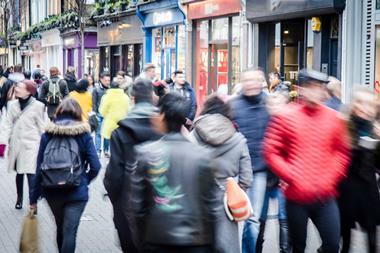
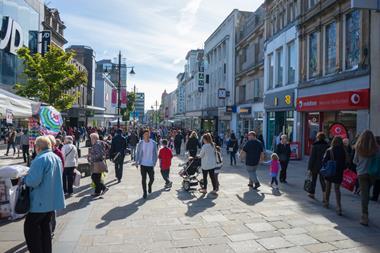
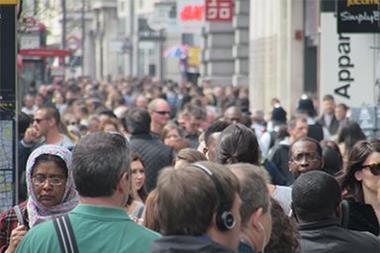
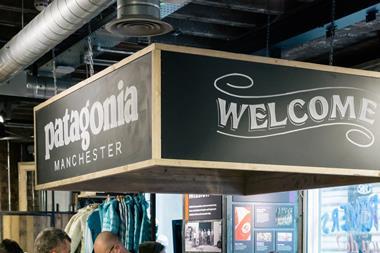
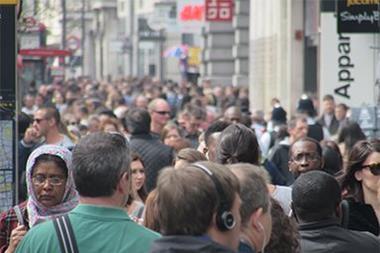
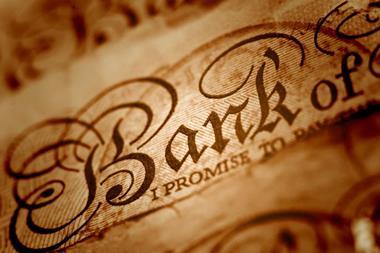
No comments yet